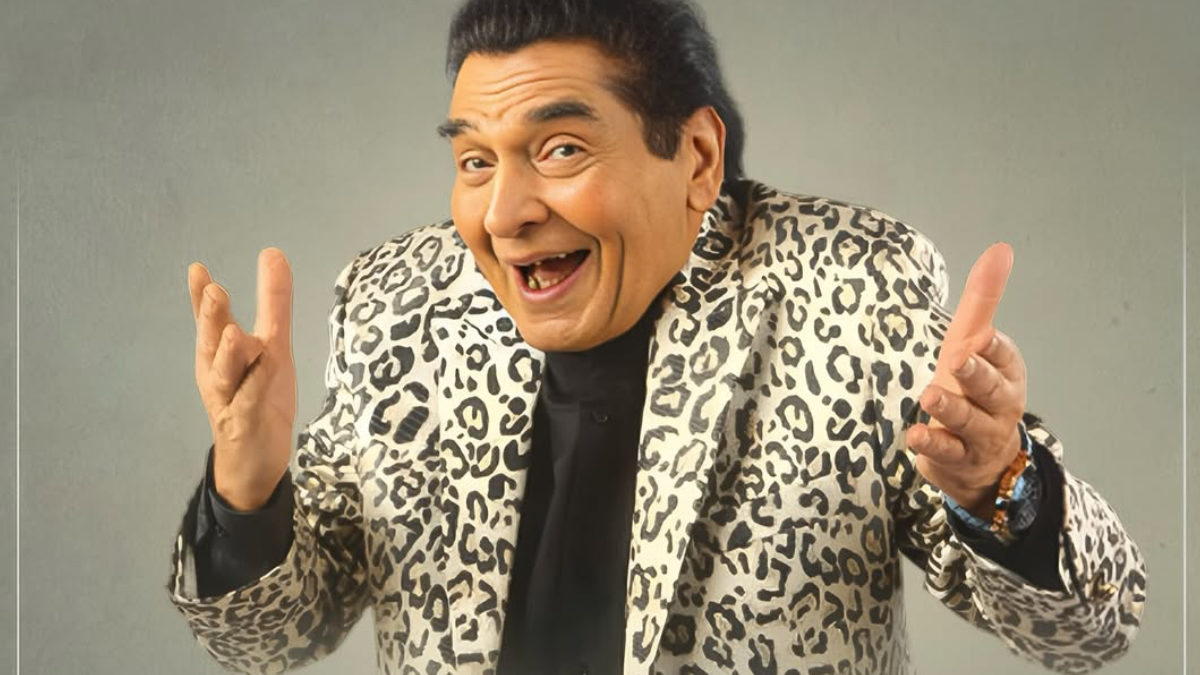The moment one utters the name Asrani, generations over 45 instinctively hear that unforgettable line – “Main Angrezon ke zamane ka jailer hoon!” The words, delivered in his inimitable pitch and rhythm, have outlived the cult classic film Sholay itself. But to remember Asrani only for Sholay would be to overlook one of Indian cinema’s most versatile, consistent, and quietly revolutionary performers.
Govardhan Asrani — simply known as Asrani — was born on January 1, 1941, in Jaipur, into a Sindhi family that had migrated from Karachi after Partition. He trained at the Film and Television Institute of India (FTII), Pune, where he was a classmate of Subhash Ghai and Shatrughan Sinha — both of whom would later acknowledge him as “the actor who could make tragedy sound funny.”
When Asrani came to Mumbai in the late 1960s, comic roles were largely loud and slapstick. What he brought was nuance — a realism hidden beneath humour. His characters were funny, but never foolish. Even in chaos, he maintained control — his expressions were calculated, his pauses deliberate, his delivery razor-sharp.
Asrani became a fixture in Hindi cinema through his 25-film collaboration with Rajesh Khanna. The two shared an off-screen friendship rare for that era. In films like Bawarchi, Aap Ki Kasam, Amar Prem, and Chhoti Si Baat, Asrani was more than comic relief — he was the emotional bridge between the star and the audience.
Few know that it was Khanna who insisted Hrishikesh Mukherjee cast Asrani in Bawarchi and later recommended him to Gulzar. It was Gulzar’s Aandhi and Koshish that revealed Asrani’s ability to shade humour with melancholy — something few comic actors attempted then.
The role of the jailer in Sholay wasn’t originally written for Asrani. Ramesh Sippy had initially considered Mehmood, but it was Asrani’s mock-Hitler audition that sealed the deal. On set, his improvisation — including the goose-step and exaggerated mustache — had the crew in splits. Amitabh Bachchan later recalled that “every time Asrani entered the frame, even rehearsals stopped — everyone wanted to see what he would do next.”
What made the jailer unforgettable wasn’t just the humour, but the satire – a colonial hangover caricatured in one man.
While audiences loved Asrani the comedian, the industry insiders respected Asrani the technician. He directed six films, including Chala Murari Hero Banne (1977), a semi-autobiographical take on a struggler’s life in Bollywood — years before such meta-narratives became fashionable.
He also discovered and mentored several Gujarati actors and screenwriters, quietly contributing to the rise of Gujarati cinema in the 1970s and 80s. Many later television comedians — from Paresh Rawal to Deven Bhojani — have cited Asrani as an early influence for his blend of sincerity and timing.
Unlike many of his contemporaries, Asrani never retired. He adapted. From the melodramatic frames of the 70s to the multiplex realism of the 2000s, he found his place. Whether in Hera Pheri, Malamaal Weekly, or Bhool Bhulaiyaa, he reinvented himself without ever becoming a caricature of his own legacy.
His final screen (released) appearance in The Trial (Season 2), where he played a sharp, high-profile lawyer with an understated arrogance, showed an actor still at work — still experimenting. Critics noted that his controlled performance “proved age had only honed his instinct for restraint.”
Those who knew him personally often remarked that Asrani’s off-screen persona was nothing like his on-screen ones. He was quiet, methodical, deeply spiritual, and known to rehearse each scene multiple times, fine-tuning tone and rhythm. His wife, actress Manisha (of Sholay’s chorus fame), once shared in an interview that Asrani would spend hours watching Charlie Chaplin reels to study “how silence could be comic too.”
He believed comedy was the toughest craft — “you must be intelligent enough to play stupid convincingly,” he once told a film school class in Pune.
On October 20, 2025, Asrani passed away in Mumbai at 84. His departure marks more than the loss of a beloved actor — it closes a chapter of Indian cinema that valued wit, warmth, and workmanship over showmanship.
Asrani’s body of work — over 350 films across languages, tones, and decades — stands as a masterclass in comic realism. He made laughter a language of empathy.
Bollywood has bid adieu to an artist who never sought the spotlight but ended up being the light in every frame he entered. He leaves behind not an obituary, but a legacy — one for generations of actors to learn how truth, timing, and tenderness can coexist in a single smile.

